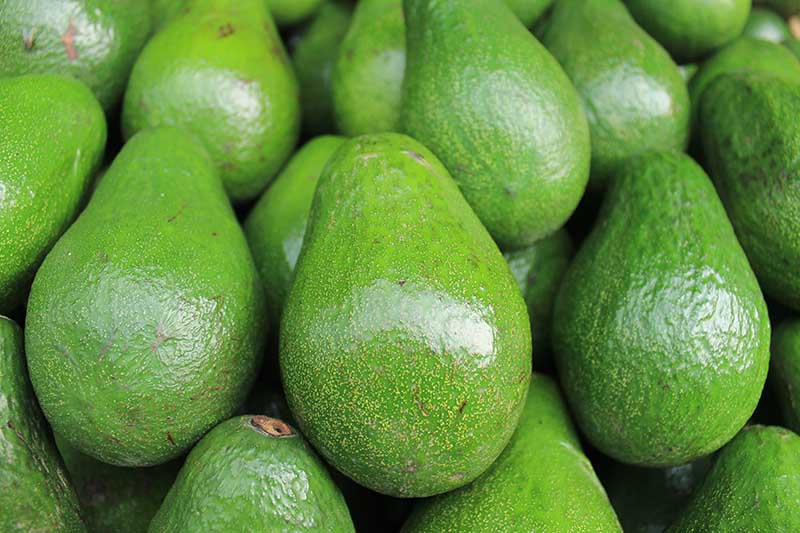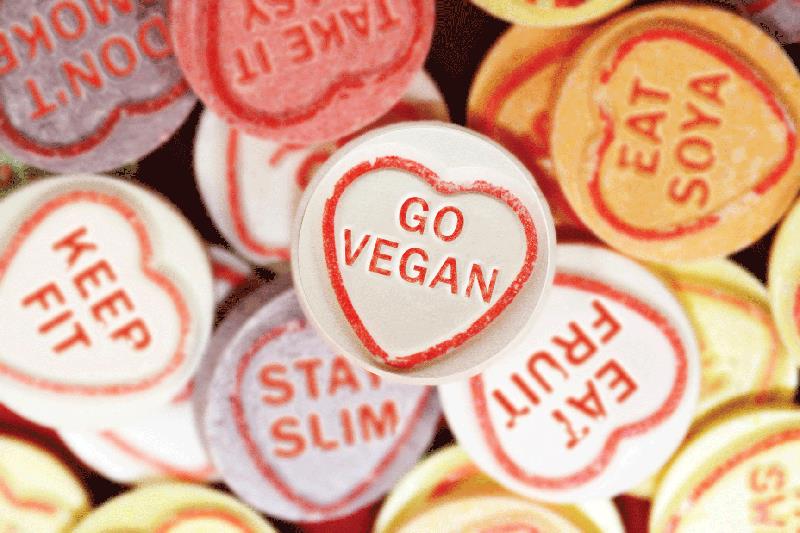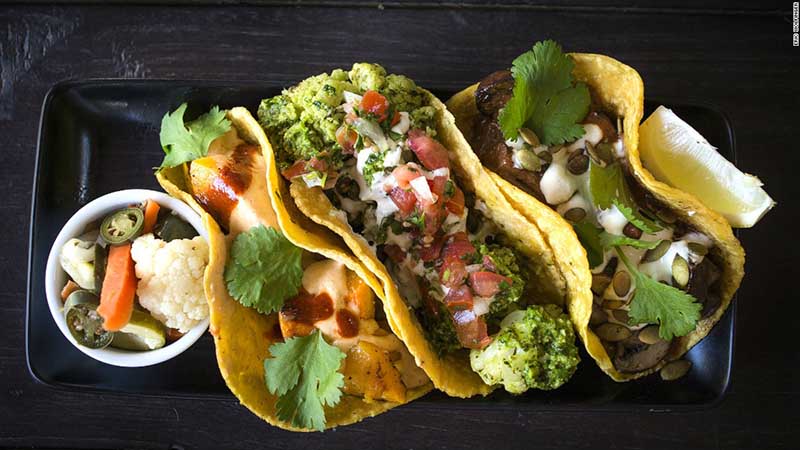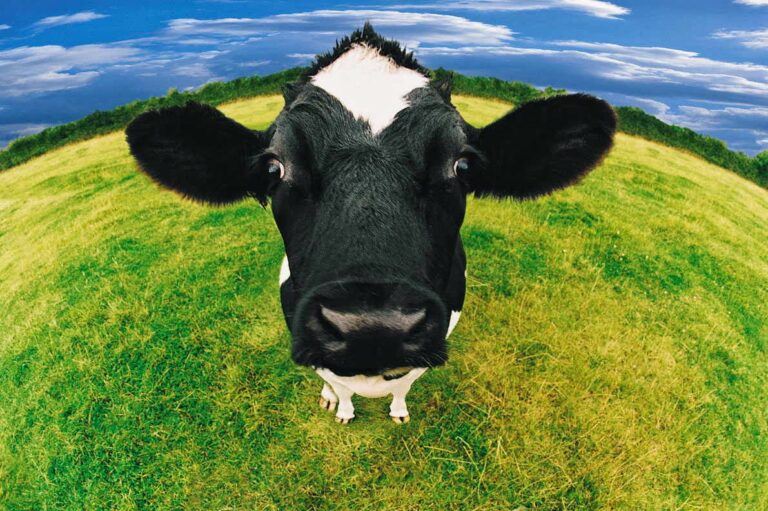Health Benefits Of Veganism

The health and wellness benefits of veganism are now widely recognized now and difficult to dispute. Followers of the vegan lifestyle claim that it reduces fatigue, curbs over eating, helps maintain a healthy weight and protects against many cardiovascular diseases.
Veganism And Skincare
Aging is a growing concern for most of us, let’s face it we would all love to stay youthful forever or at least look it. Following a vegan lifestyle might be able to assist in the prevention of aging as well as giving you a youthful glow to your skin.
Animal based products can be terrible for your skin, causing acne and blemishes because they are so high in nasty fats that can clog up the pores and cause breakouts.
We need to be 60% water by weight to maintain a healthy body but unfortunately, as we get older we start to lose the ability to stay hydrated; this is why we begin to notice wrinkles and dry skin on our delicate bodies, especially under the eyes. Following a vegan diet, you consume lots of fruit and vegetables which contain plenty of water; this will add up and give your body much more hydration- vegans should therefore expect smoother, healthier and younger looking skin, free of zits, acne and wrinkles.
Keeping a healthy body weight
Cutting out animal products will eliminate cholesterol and many damaging sources of saturated fat out of your diet, drastically reducing your risk of heart disease and contributing towards a healthy BMI.
Researchers have found that veganism is one the best diets to control your weight. When you cut out animal products, you don’t consume high amounts of saturated fats from dairy and meat products, instead choosing low calorie, nutrient rich whole foods with a higher fibre intake.
It seems simple, but by choosing to shun processed foods in favour of more fruits, veggies and plant protein, you’ll up your fiber and nutrient intake through low-calorie, nutrient-dense plant-based foods, while lowering your calorie intake at the same time.











